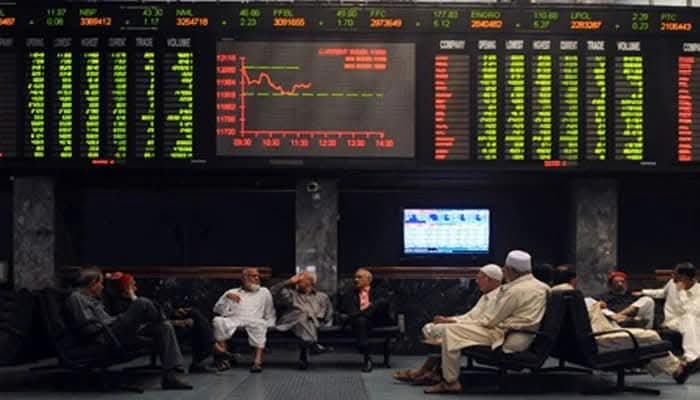(By Kainat Rajput)
In an era where digital manipulation and controlled narratives often cloud reality, rare moments of unfiltered truth—like the one shown in the now-viral video—cut through the fog and demand our attention.
This is not just about demolished buildings or the sounds of sirens. It’s about a long-standing, systematic campaign of control and displacement unfolding under the pretext of security. What we are witnessing is not a conventional war. It is a prolonged military occupation, apartheid, and what many global voices are calling a slow-motion ethnic cleansing.
The Human Cost of Occupation
Palestinians have suffered over 75 years of forced displacement, restricted movement, economic blockades, and recurring military assaults. Each destroyed home, each lost child, each mourning family adds to the staggering weight of collective trauma and injustice.
This is not a “conflict” between equals. It is a power imbalance—one where a heavily militarized state wields overwhelming force over a largely unarmed, occupied population.
What is often labeled as “self-defense” by the Israeli state is, in many documented instances, a disproportionate use of power—targeting civilians, schools, hospitals, and places of worship. Reputable organizations including Amnesty International and Human Rights Watch have raised alarms over repeated violations of international humanitarian law.
These are not unfortunate accidents. These are policy-driven choices.
The Role of Media and Strategic Narratives
One of the most dangerous elements in this crisis is the global media’s role in shaping perception. Too often, mainstream outlets echo carefully curated narratives that portray Israel as under constant existential threat while minimizing or erasing Palestinian suffering.
This isn’t just biased reporting—it’s a weaponization of information. This distortion serves to justify excessive military actions and to criminalize resistance.
Across the world, including in parts of the Indian media landscape, similar trends have emerged: deflecting blame, silencing dissent, and rewriting reality to serve political interests.
This is not journalism. This is propaganda.
This Is Not About Religion
Let us be absolutely clear: Criticism of Zionism is not antisemitism.
Zionism is a political ideology. Judaism is a religion. The two are not the same. Many Jewish voices—scholars, activists, and faith leaders—have courageously spoken out against the actions of the Israeli government. Groups such as Jewish Voice for Peace, Neturei Karta, and IfNotNow continue to denounce apartheid and call for justice in Palestine.
They are not enemies of their faith. They are defenders of truth.
This struggle is not between Jews and Muslims, or Israelis and Palestinians—it is a struggle between those who uphold human dignity and those who violate it.
Silence Is Not Neutral
“Injustice anywhere is a threat to justice everywhere.” These words by Dr. Martin Luther King Jr. still ring true.
The silence of international institutions, governments, and media conglomerates is not an apolitical position—it is complicity.
For decades, the world has responded to Palestinian suffering with statements, resolutions, and hashtags. But symbolic gestures are not enough. Silence has a cost—and the people of Palestine have paid it with their lives, homes, and futures.
What Can Be Done
The video mentioned at the beginning of this piece is painful to watch. But we must confront this pain. We must recognize it, name it, and act against its cause.
Amplify Palestinian voices and experiences.
Hold media and governments accountable for biased coverage.
Demand adherence to international law and human rights standards.
Support grassroots and humanitarian efforts in occupied territories.
To stay silent is to allow suffering to continue. To speak up is to stand on the side of humanity.
Conclusion: Palestine Lives, and So Does the Truth
No media blackout, no surveillance drone, no political spin can erase the truth. And the truth is this: Palestinians are asking for the most basic of human rights—freedom, safety, dignity, and the right to live without fear.
This is not just a geopolitical issue. It is a moral emergency.
So long as injustice reigns, so long as truth is suppressed, so long as lives are lost in silence—we will not look away.
Because Palestine lives. And so does the truth.

